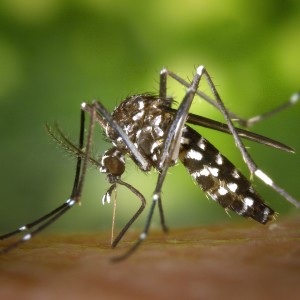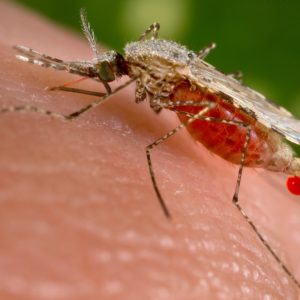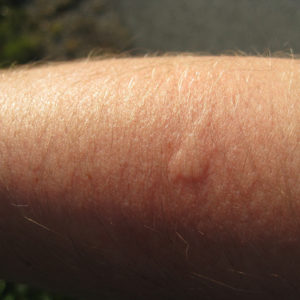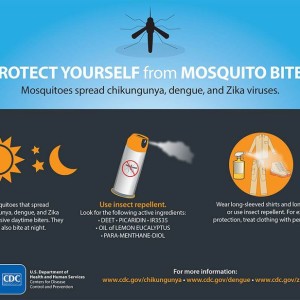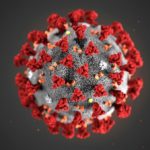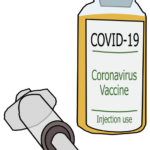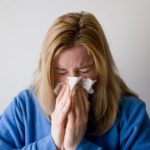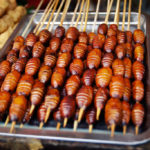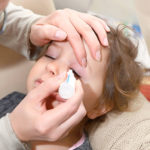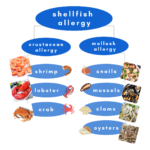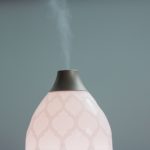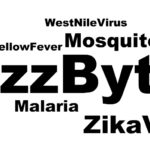allergies, allergy shots, buzz, cdc, florida, malaria, miami, mosquito, mosquitoes, new jersey, philadelphia, south jersey, zika, zika virus
Mosquito Buzz Bytes: Do This, Not That
For interviews and tours of the Delaware Valley’s only certified pollen and mold spore stations for the National Allergy Bureau (NAB) with stations, please email gwoodlyn@asthmacenter.com
At least 15 cases of locally transmitted cases of Zika virus have been identified in Southern Florida!
Use these tips from our physicians to help avoid mosquitoes and the Zika virus threat.
“Zika infection” is a looming threat as summer fun, heat & humidity kick into high gear. Now, more than ever, it is vital to protect your family against “pesky” mosquito bites in general.
In the Q&A session we are sharing here, The Asthma Center specialists have gathered and analyzed latest information on Zika infection, mosquitoes, and mosquito bites (prevention, repellents, and how to relieve the “itch.”) Also included for your convenience is a compilation of resource links to help you stay informed and protected.
Don’t let mosquitoes (or the fear of Zika infection) ruin the fun of an August cookout, child’s soccer game or family outing—Read The Asthma Center Mosquito Buzz Bytes to make sure you are up-to-date on all things mosquitoes!
Click here for PDF version to save and use all summer and year long
Which mosquitoes bite?
Female mosquitoes bite.
When do mosquitoes bite?
Mosquitoes look for human hosts most commonly during the early evening hours which correspond with the time of day during the summer when people are most active outdoors: barbecuing, watching sporting events, gardening, camping, or exercising.
Reminder: While early evening hours present the most common threat, mosquitoes can bite at any time. We are susceptible to mosquito bites at all hours, day and night, and during the summer months, prevention should be considered for all outdoor activities!
Why do mosquitoes bite humans?
They need human blood as nutrition for their eggs. A syringe like apparatus on a mosquito’s head draws blood upon a bite.
Why do mosquito bites itch so much?
The itch is an immune response to mosquito saliva. Before drawing blood, the mosquito first injects her saliva, which causes an immune response, resulting in histamine rushing to the site of the bite, causing a red, itchy welt.
What relieves the itch?
Ice can combat the itch when applied to the bite area.
Another good way to reduce swelling and itching is to apply hydrocortisone, calamine or anti-histamine cream.
When these medications don’t relieve the itch, discuss a personal mosquito bite action plan with an allergist. Many individuals are not aware that allergy shots are helpful in most cases for those who have had an extreme allergic reaction to a mosquito bite!
Are mosquito bites dangerous?
Besides the uncomfortable local reaction, mosquito bites can become infected and/or can spread serious viral illnesses, including West Nile virus and Zika virus, which are the current threats from mosquito bites in the United States. If you are traveling outside the U.S., the current threats include malaria, yellow fever, dengue fever, chikungunya, and Japanese encephalitis.
How can one be protected from a bite? What works? What does not work?
Smart clothing choices are essential.
- Long sleeves and pants, tucked into socks. Light colored clothing. Loose fitted clothing.
Smart protective sprays have been shown effective for repelling mosquitoes.
Repellents containing the following ingredients are ideal:
- DEET– (10-30%)
- Concentrations with greater than 50% DEET have been not shown to be more effective than concentrations of 30% DEET
- Brands include Ben’s® Tick and Insect Repellents, OFF!, and Cutter
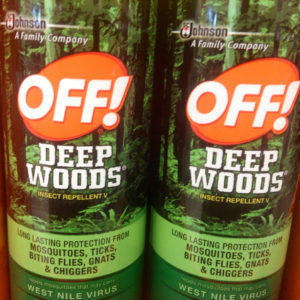
- Oil of lemon eucalyptus (must be synthetic)
- Look for “p-methanediol” on ingredient list
- Brand Repel
- Picardin
- Brand Sawyer
- IR3535
Permethrin -treated clothing (such as the No Fly Zone line from L.L.Bean) is also a good option.
- DIY option: treat clothing with permethrin before Be sure to apply repellent to exposed skin.
Travel with a bed net for protection while sleeping outdoors. Treat bed netting with permethrin. There are also nets to cover food available.
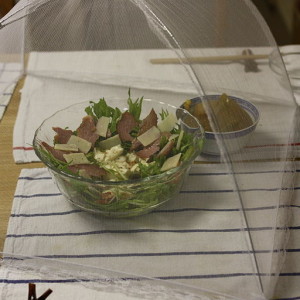
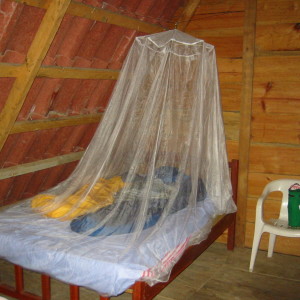
“Natural” Repellents such as citronella, peppermint, and geranium oil have not been shown to be very successful.
Why do some people get more bites than other people?
One research study demonstrated mosquitoes had no preference between identifical twins but the same was not true for fraternal twins. Therefore, genetics play a role in whether or not mosquitoes prefer one human over another.
Human breath attracts mosquitoes due to exhaled carbon dioxide well as other chemicals. Other chemicals (such as perfumes and colognes), body heat, and some bacteria on the skin also attract mosquitoes.
Mosquitoes are especially attracted to larger people, including pregnant women, as they exhale more carbon dioxide.
Backyard mosquitoes? Here’s how to control them.
- Mosquitoes multiply in standing water. Be sure to remove all sources of standing water including on top of pool covers, bird baths, logs, tires, and flower pots.
Repellent devices? Do they even work?
- Studies have shown zapper and ultrasonic devices do very little to keep mosquitoes away. Clip on and wrist repellents are not as effective as they were once believed to be.
The Asthma Center physicians and staff hope you have a healthy, fun August and that you and your family enjoy many outdoor activities! It may not be possible to avoid all mosquito bites. However, The Asthma Center is committed to keeping you informed about current threats of infection and the latest in treatment and prevention. Check back here, Subscribe to receive our latest blogs and pollen counts direct to your inbox, or follow us on Twitter, FB, and Instagram.
More Resources:
Zika Virus
- CDC
- CDC protect yourself infographic
- Philadelphia Department of Public Health
- NJ Department of Health
More on Mosquitoes
- American Academy of Allergy, Asthma & Immunology
- Berkley Wellness, University of California
- American Academy of Allergy, Asthma & Immunology
Make an appointment to see an allergist – Why Choose Us?
The best way to fight your allergies & asthma is to visit a board certified allergist, learn what your allergies are, create a treatment plan, and adjust as needed. No two allergy & asthma sufferers are alike, so don’t rely on over the counter medications when you could be targeting your symptoms with the help of our allergy experts! At The Asthma Center, we know that no two individuals are alike, and our goal is to personalize your treatment to help you find relief. One way we accomplish this through identifying your allergies and specific levels of allergic sensitivity through allergy skin testing to help you plan your treatment. By following the local pollen counts, we are able to customize allergy regimens that prevent symptoms caused by taking too little, or too much allergy medication.
Did You Know – Pollen & Mold Spore Counts Direct to Your Inbox!
The Asthma Center’s daily Pollen and Mold Spore Count, the Delaware Valley’s only Official count station which is certified by the National Allergy Bureau are now available via email. Subscribe to receive our daily counts by email or check out some of our other blog posts to learn more about what is in the air, how it can affect you, and what you can do about it.
Recent
Popular


